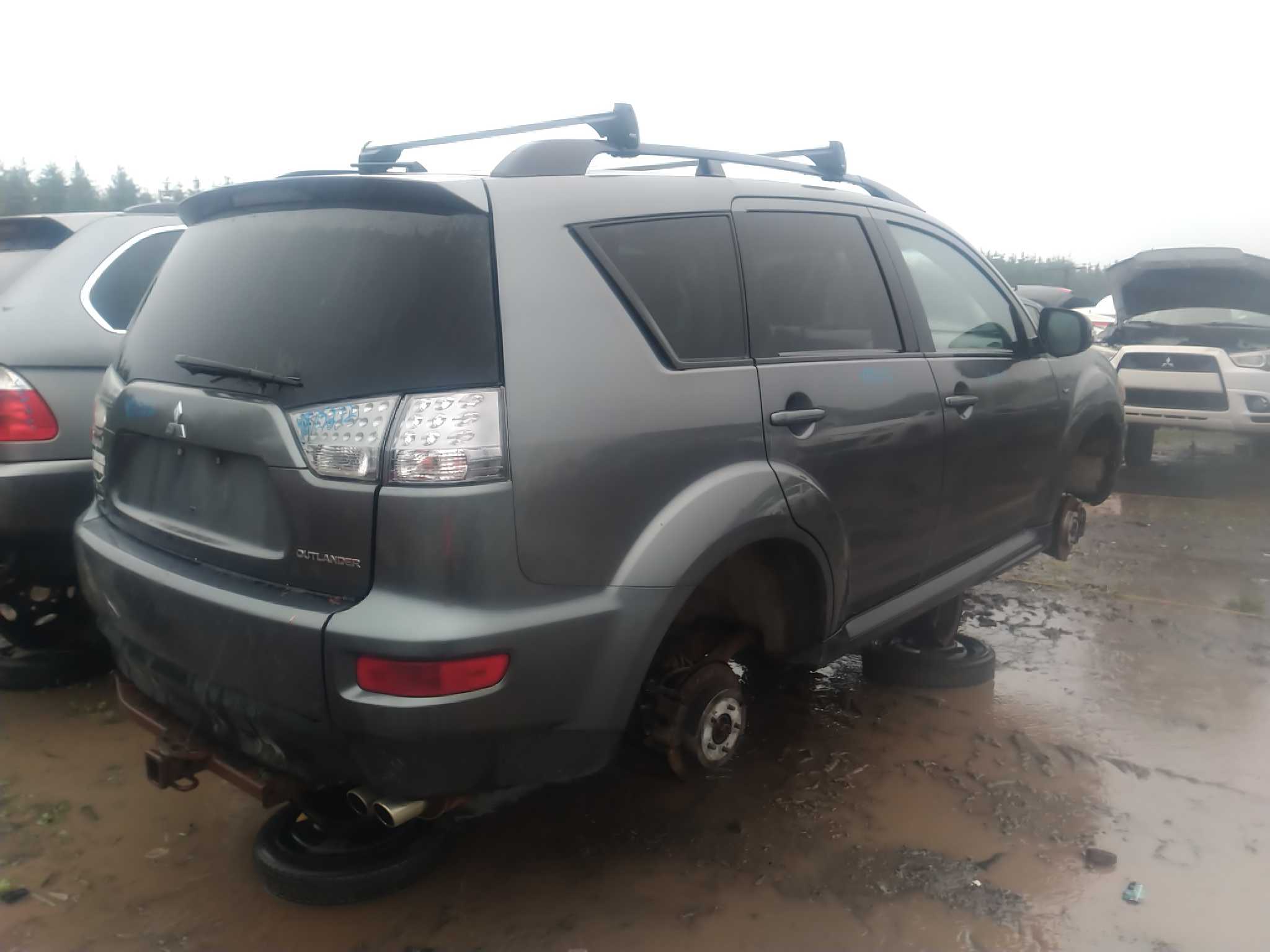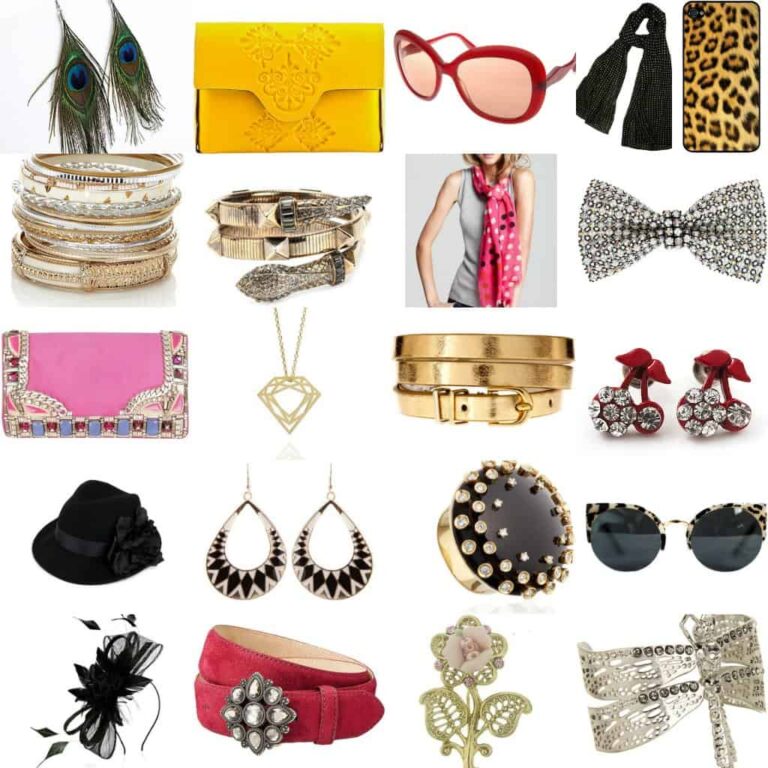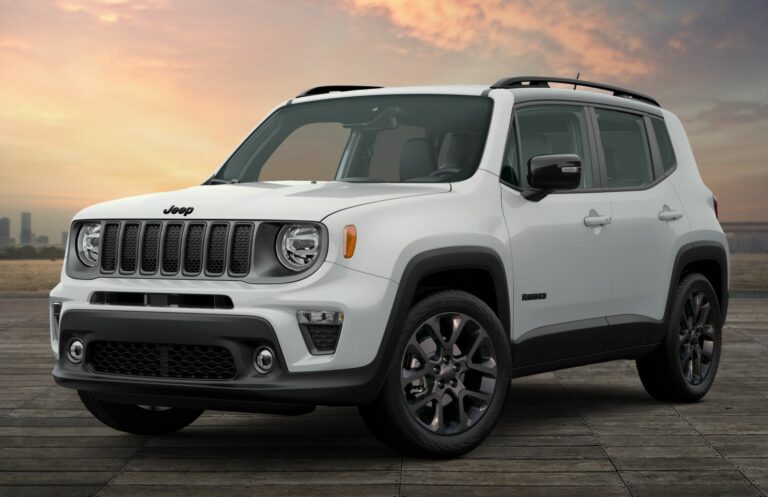2012 Jeep Wheels For Sale: A Comprehensive Guide to Upgrading, Replacing, and Customizing
2012 Jeep Wheels For Sale: A Comprehensive Guide to Upgrading, Replacing, and Customizing /jeeps.truckstrend.com
The year 2012 was a significant one for Jeep, featuring popular models like the rugged Wrangler JK, the versatile Grand Cherokee WK2, the practical Liberty KK, and the compact Compass and Patriot. For owners of these iconic vehicles, or for those looking to acquire wheels for them, the market for "2012 Jeep Wheels For Sale" represents a vast landscape of opportunities. Whether you’re seeking to replace a damaged wheel, upgrade your vehicle’s aesthetic, enhance its off-road capability, or simply prepare for seasonal tire changes, understanding the nuances of 2012 Jeep wheels is crucial. This comprehensive guide will navigate you through everything you need to know, from identifying the right fit to making an informed purchase, ensuring your Jeep stands on solid, stylish ground.
Understanding Your 2012 Jeep Model’s Wheel Needs
2012 Jeep Wheels For Sale: A Comprehensive Guide to Upgrading, Replacing, and Customizing
Before diving into the myriad of wheels available, the single most important step is to accurately identify your specific 2012 Jeep model and its factory wheel specifications. Jeep’s diverse lineup in 2012 means that wheel compatibility varies significantly across models. Mismatched wheels can lead to serious safety issues, premature wear on components, and an unpleasant driving experience.
Key specifications to know include:
- Bolt Pattern (PCD – Pitch Circle Diameter): This refers to the number of lug holes and the diameter of the circle they form. For 2012 Jeeps, the most common bolt patterns are:
- 5×5 (5x127mm): Used by the 2012 Jeep Wrangler JK and 2012 Jeep Grand Cherokee WK2. This is arguably the most common pattern for those seeking aftermarket upgrades.
- 5×4.5 (5×114.3mm): Used by the 2012 Jeep Liberty KK, 2012 Jeep Compass MK, and 2012 Jeep Patriot MK. This pattern is also very common across many other vehicle manufacturers.
- Wheel Diameter: The measurement across the wheel, typically expressed in inches (e.g., 16", 17", 18", 20"). Your vehicle’s factory size is a good starting point, but larger diameters are often used for aesthetic upgrades or to accommodate larger brake calipers.
- Wheel Width: The measurement from bead seat to bead seat, also in inches (e.g., 7", 8", 9"). Proper width is essential for fitting your chosen tire size correctly.
- Offset: The distance from the wheel’s mounting surface to the wheel’s centerline, expressed in millimeters. Positive offset means the mounting surface is towards the front of the wheel, pulling the wheel inward. Negative offset means it’s towards the back, pushing the wheel outward. Proper offset prevents tires from rubbing on suspension components or fender flares.
- Backspacing: Similar to offset, this is the distance from the mounting surface to the rear edge of the wheel. It’s often easier for off-roaders to measure and understand in relation to tire clearance. A lower backspacing (or more negative offset) pushes the wheel further out.
- Hub Bore: The diameter of the center hole of the wheel that fits over the vehicle’s hub. It should ideally match your vehicle’s hub diameter (hub-centric) or be slightly larger and require hub rings (lug-centric).

Consult your owner’s manual, a reputable online fitment guide, or a local tire shop to confirm these specifications for your exact 2012 Jeep model and trim level.
Why Are You Looking for 2012 Jeep Wheels?
The motivation behind your search for "2012 Jeep Wheels For Sale" will heavily influence your purchasing decisions. Understanding your primary goal helps narrow down the vast options available.
- Replacement: If you have a damaged, bent, or heavily corroded wheel, a direct replacement is likely your goal. You’ll want to match your existing wheels in terms of size, finish, and specifications. OEM (Original Equipment Manufacturer) wheels are ideal for this purpose, maintaining the factory look and performance.
- Performance Upgrade: For serious off-road enthusiasts, upgrading wheels means seeking increased strength, better bead retention (e.g., beadlock wheels), or a specific offset to improve articulation and stability. Lighter alloy wheels can also improve on-road performance and fuel efficiency.
- Aesthetic Enhancement/Customization: Many Jeep owners want to personalize their vehicle’s appearance. This could involve larger diameter wheels, a different finish (black, chrome, machined), or a unique spoke design. This is where aftermarket options truly shine, offering a huge variety of styles.
- Accommodating Larger Tires: If you plan to install bigger tires for enhanced ground clearance or off-road traction, new wheels with appropriate diameter, width, and most critically, offset/backspacing, are essential to prevent rubbing and ensure proper fitment within the wheel wells.
- Seasonal Swaps: Some owners opt for a dedicated set of wheels for winter tires, allowing for quick and easy seasonal changes without repeatedly mounting and dismounting tires from the same set of wheels. Often, steel wheels are chosen for winter due to their durability and lower cost.

Types of 2012 Jeep Wheels Available
The market for 2012 Jeep wheels offers a rich selection categorized by material, design, and application.
- Material:
- Steel Wheels: Durable, inexpensive, and easily repaired (bent steel can often be hammered back into shape). They are heavier than alloy wheels and offer fewer aesthetic options, typically found on base model Jeeps or as aftermarket options for heavy-duty off-roading.
- Aluminum Alloy Wheels: Lighter than steel, improving unsprung weight for better handling, braking, and potentially fuel economy. They offer a vast array of designs and finishes. Alloy wheels can be cast (most common, affordable), forged (stronger, lighter, more expensive), or flow-formed (a hybrid process).
- Design & Finish:
- OEM Style: Replicas or actual factory wheels designed to maintain the original look of your 2012 Jeep.
- Aftermarket Styles: Ranging from sleek, multi-spoke designs for street Jeeps to rugged, simulated beadlock designs for off-road rigs. Finishes include painted (black, gray, bronze), chrome, polished, machined, and various powder coats.
- Beadlock Wheels: Primarily for extreme off-roading. These wheels mechanically clamp the tire bead to the rim, allowing for very low tire pressures without the risk of the tire coming off the bead. Not street legal in some areas.
- Application:
- Street/Daily Driving Wheels: Designed for aesthetics, comfort, and general road use.
- Off-Road Wheels: Built for strength, durability, and specific clearance needs, often with features like stronger construction, specific offsets for articulation, and sometimes beadlock capability.
Key Considerations When Buying 2012 Jeep Wheels
Beyond the basic specifications, several critical factors must be weighed to ensure a satisfactory purchase.
- Compatibility is Paramount: Re-emphasizing this point cannot be overstated. Incorrect bolt patterns will simply not fit. Wrong offset/backspacing can lead to tires rubbing on fenders, control arms, or frame components, causing damage and unsafe driving. Use online fitment tools and cross-reference with multiple sources.
- Intended Use: A wheel designed for light street use may not withstand the rigors of serious rock crawling. Conversely, heavy-duty off-road wheels might be overkill (and heavier/noisier) for a daily driver.
- Budget: Prices vary wildly. Set a realistic budget that accounts for the wheels themselves, potential new lug nuts, TPMS sensors (if applicable), and professional mounting and balancing.
- Tire Size Compatibility: If you plan to run larger tires, ensure your new wheels have the correct width and, more importantly, the necessary offset or backspacing to prevent rubbing. You might also need a lift kit in conjunction with larger tires and wheels.
- Load Rating: Especially important for heavier Grand Cherokees or if you plan to tow or carry heavy loads. Ensure the wheel’s load rating exceeds your vehicle’s Gross Axle Weight Rating (GAWR) for the axle it’s mounted on.
- Local Laws and Regulations: Some wheel modifications, particularly those that push wheels far outside the fender line, might be illegal in your state or country. Check local laws regarding tire coverage.
Where to Find 2012 Jeep Wheels For Sale
The market for 2012 Jeep wheels is robust, offering numerous avenues for purchase.
- Online Retailers:
- Specialized Jeep/Off-Road Retailers: Websites like Quadratec, ExtremeTerrain, Northridge4x4, and Morris 4×4 Center are excellent sources for new aftermarket wheels specifically designed for Jeeps, offering extensive fitment guides and customer support.
- General Wheel & Tire Retailers: Tire Rack, Discount Tire, and Summit Racing offer a wide selection of new wheels from various brands.
- E-commerce Platforms: Amazon and eBay can be good for both new and used wheels, but exercise caution with sellers and verify specifications.
- Local Shops:
- Tire Shops: Most local tire shops can order and install new wheels. They can also offer advice on fitment.
- Off-Road Specialty Stores: These shops often have a good selection of wheels suitable for Jeeps, and their staff are knowledgeable about off-road fitment.
- Junkyards/Salvage Yards: A potential source for inexpensive OEM replacement wheels, but thorough inspection is critical.
- Private Sellers:
- Online Marketplaces: Craigslist, Facebook Marketplace, and dedicated Jeep forums (e.g., JK-Forum, GrandCherokeeForum) are great for finding used wheels. You can often find good deals from enthusiasts upgrading their own vehicles.
- Local Classifieds: Less common now, but still an option.
- Dealerships: For brand-new OEM wheels, your local Jeep dealership can order them. Be prepared for higher prices compared to aftermarket or used options.
Tips for a Successful Purchase
- Do Your Homework: Measure twice, buy once. Verify all specifications against your vehicle’s requirements.
- Inspect Used Wheels Thoroughly: For used wheels, look for cracks, severe bends, excessive curb rash, corrosion, and signs of previous repairs. Ask for high-resolution photos or inspect in person. Spin the wheel to check for wobbles.
- Ask Detailed Questions: Don’t hesitate to ask sellers about the wheels’ history, mileage, any damage, and why they are selling.
- Factor in All Costs: Remember shipping costs, potential new lug nuts (especially if switching from factory wheels), TPMS sensors (if your vehicle uses them and your new wheels don’t come with them), and professional mounting and balancing.
- Consider Professional Installation: Unless you have experience and the right tools, professional mounting and balancing ensure safety and optimal performance. They can also advise on proper torque specs for lug nuts.
- Read Reviews: For new wheels, check reviews of the brand and specific model from other Jeep owners.
Potential Challenges and Solutions
- Incorrect Fitment: The most common challenge.
- Solution: Double-check all specifications (bolt pattern, diameter, width, offset, hub bore) before purchase. Use reputable fitment guides. Consult with a trusted tire shop or off-road specialist.
- Hidden Damage (Used Wheels): Bends or cracks might not be immediately obvious.
- Solution: Thoroughly inspect used wheels. If possible, have them spun on a balancer at a tire shop before purchase. Buy from reputable sellers with good feedback.
- Shipping Damage: Wheels can be damaged in transit.
- Solution: Ensure the seller uses proper packaging and insured shipping. Inspect the package and wheels immediately upon arrival and document any damage with photos before signing for delivery.
- Installation Issues: Improper mounting or balancing can cause vibrations or premature tire wear.
- Solution: Always use proper torque specifications for lug nuts. If unsure, have a professional mount and balance your new wheels and tires.
- Counterfeit Wheels: Cheap, low-quality imitations of popular brands.
- Solution: Buy from authorized dealers or reputable retailers. Be wary of deals that seem too good to be true, especially for premium brands.
Price Table: Estimated Costs for 2012 Jeep Wheels (Per Wheel)
Please note that these prices are estimates and can vary significantly based on brand, condition (new vs. used), finish, specific model, and the seller. They are provided as a general guide.
| Wheel Type Category | Description | Estimated Price Range (USD per wheel) | Common Sizes (Diameter) | Typical Materials |
|---|---|---|---|---|
| Used OEM Wheels | Factory wheels, taken off a donor vehicle, minor wear/scratches expected. | $50 – $200 | 16", 17", 18" | Aluminum Alloy, Steel |
| New OEM Replacement (Dealer) | Brand new, identical to factory original, purchased from a dealership. | $250 – $600+ | 16", 17", 18" | Aluminum Alloy, Steel |
| Aftermarket Steel Wheels | New, durable, basic designs, often used for winter or heavy off-roading. | $70 – $150 | 15", 16", 17" | Steel |
| Aftermarket Alloy (Entry-Level) | New, cast aluminum, basic designs, good for general upgrades. | $120 – $250 | 17", 18", 20" | Cast Aluminum Alloy |
| Aftermarket Alloy (Mid-Range) | New, cast or flow-formed aluminum, more diverse designs, better finishes. | $250 – $400 | 17", 18", 20"+ | Cast/Flow-Formed Alloy |
| Aftermarket Alloy (Premium/Forged) | New, high-performance, forged aluminum, intricate designs, lighter/stronger. | $400 – $800+ | 17", 18", 20"+ | Forged Aluminum Alloy |
| Beadlock Wheels | New, specialized for extreme off-roading, mechanically locks tire bead. | $350 – $700+ | 17", 18" | Forged/Cast Aluminum, Steel |
Note: Prices do not include tires, lug nuts, TPMS sensors, mounting, balancing, or shipping.
Frequently Asked Questions (FAQ)
Q1: What’s the bolt pattern for a 2012 Jeep Wrangler JK?
A1: The 2012 Jeep Wrangler JK uses a 5×5 (or 5x127mm) bolt pattern.
Q2: Will 2012 Jeep Grand Cherokee wheels fit my 2012 Jeep Wrangler?
A2: Both use the 5×5 bolt pattern, so they will physically bolt up. However, Grand Cherokee wheels often have a different offset (usually more positive) than Wrangler wheels, which could cause rubbing issues on a Wrangler, especially with larger tires or if you don’t have a lift. Always check the specific offset/backspacing.
Q3: Do I need new lug nuts when buying aftermarket wheels?
A3: Often, yes. Aftermarket wheels may require different style lug nuts (e.g., conical seat, ball seat) than your factory lug nuts to ensure proper and safe seating. It’s always best to purchase new lug nuts designed for your new wheels.
Q4: What’s the difference between wheel offset and backspacing?
A4: Both describe how far a wheel sits in or out relative to the hub. Offset is the distance from the wheel’s mounting surface to its true centerline (positive, negative, or zero). Backspacing is the distance from the mounting surface to the very back edge of the wheel. They are inversely related: more backspacing generally means less negative offset (wheel sits further in), and less backspacing means more negative offset (wheel sticks further out).
Q5: Can I put larger tires on my 2012 Jeep without changing wheels?
A5: You can often go up one or two tire sizes on factory wheels, but this depends on your specific Jeep model and the tire size. Beyond that, you’ll likely need new wheels with a more appropriate offset/backspacing and potentially a suspension lift to prevent rubbing.
Q6: Is it safe to buy used wheels?
A6: Yes, it can be safe if you exercise caution. Thoroughly inspect used wheels for cracks, bends, or significant damage. If possible, have them spun on a balancer by a professional before buying. Avoid wheels that show signs of previous major repairs.
Q7: What is a TPMS sensor, and do I need them for new wheels?
A7: TPMS stands for Tire Pressure Monitoring System. Your 2012 Jeep likely has TPMS sensors in your original wheels. If your new wheels don’t come with them, you’ll need to transfer your old sensors (if compatible) or purchase new ones. Without them, your TPMS warning light will stay on.
Conclusion
Navigating the market for "2012 Jeep Wheels For Sale" can be an exciting journey, offering the chance to dramatically alter your vehicle’s performance, appearance, and capability. The key to a successful purchase lies in meticulous research, a clear understanding of your specific 2012 Jeep model’s requirements, and an honest assessment of your intended use. By prioritizing compatibility, carefully inspecting any used options, and considering all associated costs, you can confidently select the perfect set of wheels to complement your Jeep. Whether you’re hitting the trails, cruising the highway, or simply adding a personal touch, the right wheels will not only enhance your Jeep’s stance but also enrich your entire driving experience for years to come.








